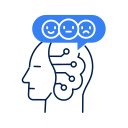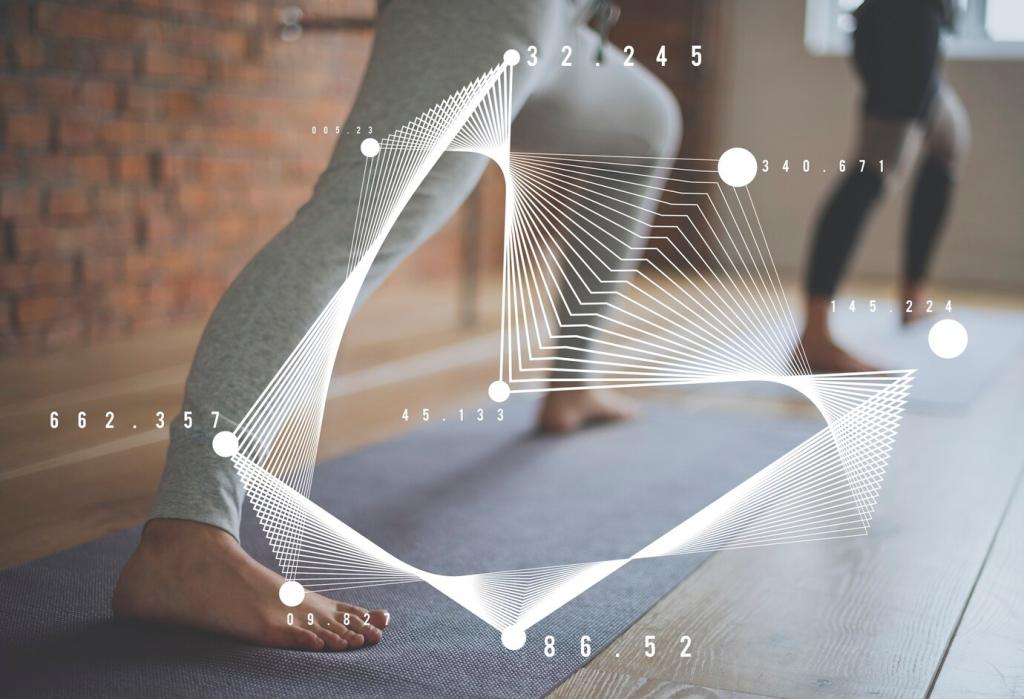Sleep Smarter: AI for Restorative Nights
Track consistency, light exposure, and evening stimulation. An AI summary might note that late scrolling and heavy meals shorten deep sleep. It could suggest dimming lights earlier and a protein-forward dinner. The goal is supportive insight, not strict rules.
Sleep Smarter: AI for Restorative Nights
Your assistant can propose a rotating, boredom-proof wind-down: warm shower, stretch, journal, and a no-screens nook. When you skip steps, it notices and recalibrates. One reader swapped late caffeine for herbal tea and gained calmer, more predictable bedtimes within a week.
Sleep Smarter: AI for Restorative Nights
Start with a friendly, two-minute review: a sleep note, one gratitude, and one gentle nudge for tonight. Your AI can keep it encouraging, never punitive. Over time, these small debriefs build awareness and confidence in your body’s changing needs.





